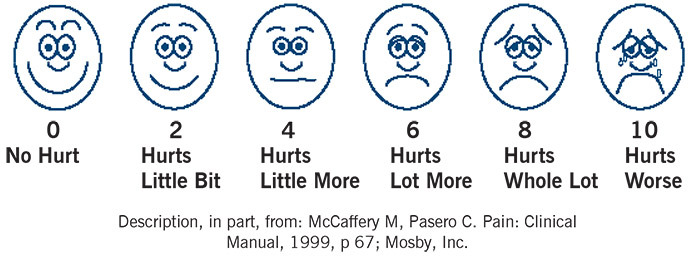Pain management is an important part of your care. Your healthcare team will do everything possible to help you be comfortable. We also want to make sure you understand what it means to safely manage your pain.
What is pain management?
- Controlling your pain so you can move, eat and rest. This does NOT mean you will be 100% pain-free. Some normal activities, like coughing and getting in and out of bed or a chair can make your pain worse.
- Using pain medications and other techniques, such as touch therapies, guided meditation/imagery, aromatherapy, position changes, etc., to control your pain.
- Using opioid/narcotic medications only as long as needed. These types of medications are very helpful to manage pain, but using them for too long can do more harm than good.
- Using non-opioid/narcotic medications to control your pain. These types of medications are very effective and are safer than opioids/narcotics for controlling ongoing pain.
How can I help control my pain?
- Take your pain medication on schedule. It is easier to control pain when it starts instead of when it becomes unbearable. Let your healthcare team know when you have pain.
- When you change positions, move slowly and use a pillow to brace your incision, if possible.
- Talk to your healthcare team about side effects you have from your pain medication. These can include constipation; feeling sleepy, dizzy or uncoordinated; itching; upset stomach; and feeling anxious. You may need a change in your medications to help you feel better.
- Work with your healthcare team to create a plan to manage your pain that includes a variety of ways to manage pain.
Are opioid/narcotic medications safe?
- Opioids/narcotics are powerful medications that work well to control pain. They are often used in the hospital after surgery and prescribed when you leave the hospital to control pain for 2-3 weeks after surgery.
- Your healthcare team can prescribe only a limited amount of opioids when you leave the hospital.
- Talk to your doctor if you have concerns about opioid/narcotic addiction. Addiction/dependence and abuse are long-term risks of these medications.
- It is important to replace the use of opioids/narcotics with other types of pain management as soon as possible.
- Keep opioids/narcotics in a safe place, such as a locked drawer or box. Keep track of how much medication you take. These types of medications cannot be refilled over the phone, and most often, cannot be filled out of state.
- Talk to your pharmacist or local safety department (fire/police) about how to safely dispose of unused medications.
Pain rating scale
You can help your healthcare team “measure” your pain. While you are recovering, your doctors and nurses will frequently ask you to rate your pain on a scale of 0 to 10, with “0” being “no pain” and “10” being “the worst pain you can imagine.” Reporting your pain as a number helps the healthcare team know how well your treatment is working and whether to make any changes. Keep in mind that your comfort level (ie, ability to breathe deeply or cough) is more important than absolute numbers (ie, pain score).
